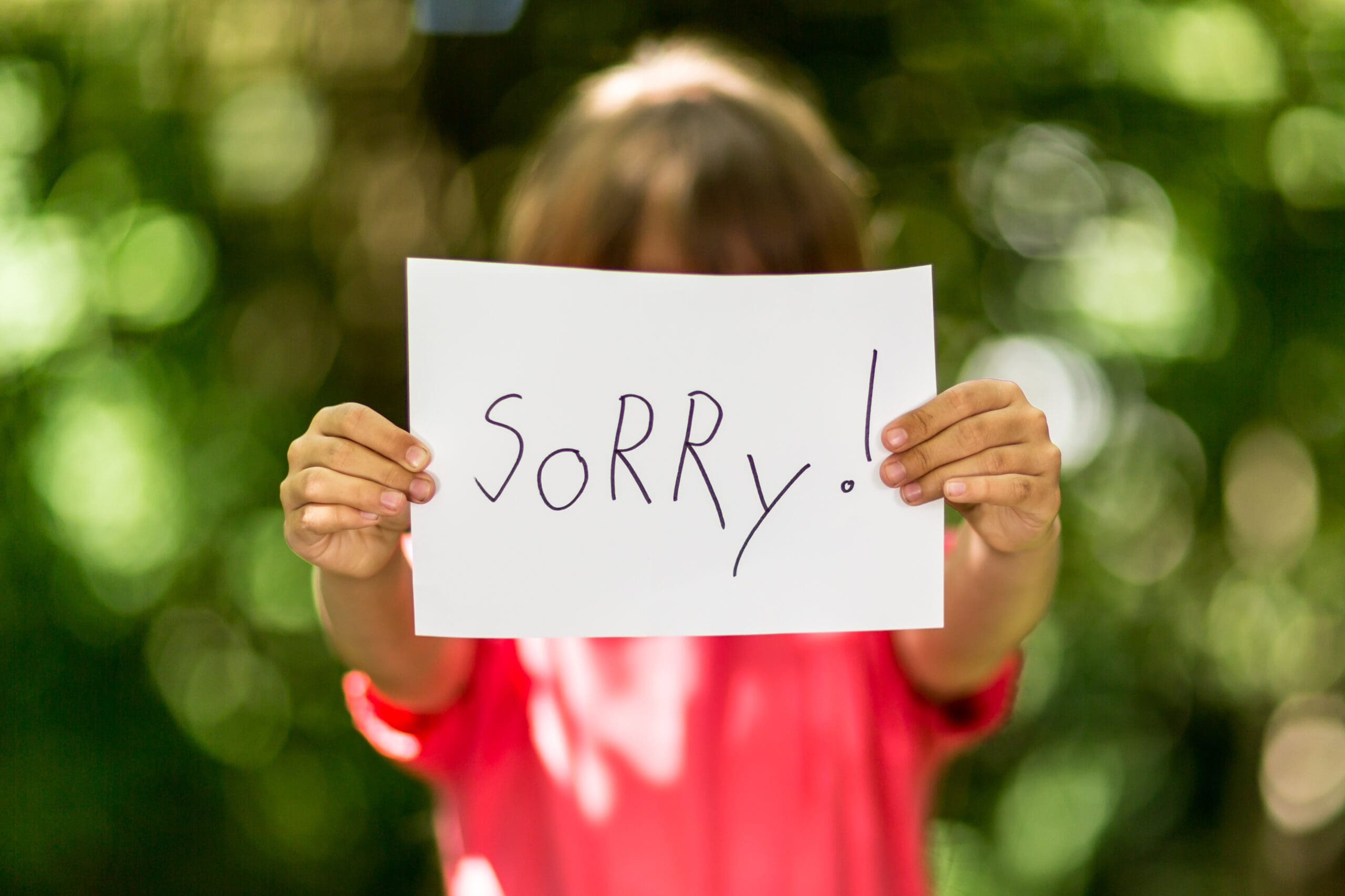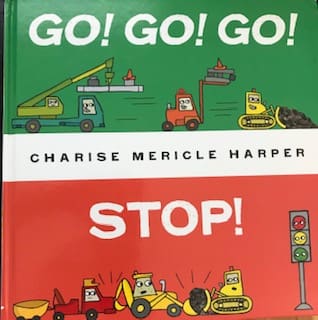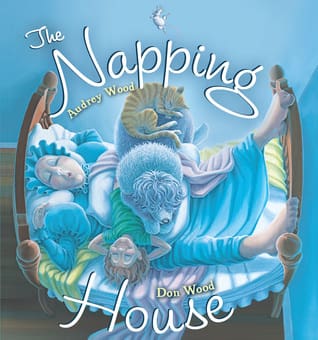Often, when adults see a child do something that hurts someone else, intentionally or unintentionally, they immediately admonish the child, "Say you're sorry!"
Well, that's not always (or even most of the time) the best solution. If he did it on purpose, your preschooler may very well not be sorry that he took that toy he wanted from someone else, that he pushed someone out of his way while he was running on the playground, or that he hit his sister. He wanted the toy, that other child was in his way, and his sister was bothering him. And if he did it by accident, he probably didn't notice. Young children are the center of their own universes, and while they care about other people, they are not yet able to take another person't perspective and understand how their actions might make someone else feel.
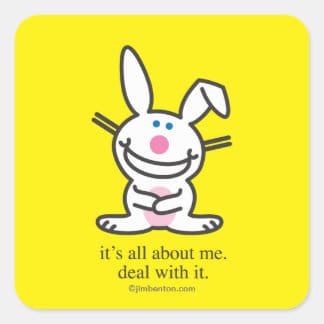
So how do you teach him to have empathy and to treat others kindly? First, by modelling empathy and kindness in your treatment of him and others. And, as satisfying or appropriate as it might seem in the moment, making him say “I’m sorry” whenever he hurts or upsets someone without doing anything to repair the hurt will not make him feel sorry or make the other person feel better. He won't learn anything about how the other child feels, and kids learn quickly to say "Sorry," without meaning it, to get out of a situation they don't like. Instead, point out to your child how the other person is feeling (“Look, she is crying. You hurt her when you hit her.”) and let him know that the behavior is not okay.
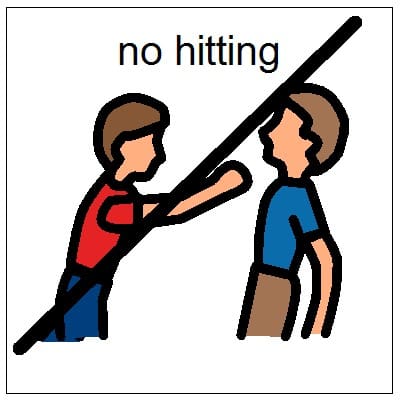
If your child did something by accident, it is good to point out what he might not have noticed and to remind him to be careful. If he did something on purpose, and you are preventing his desires by stopping him, he may be mad and not want to hear it or to do or say anything to help the other child feel better. That’s okay for right now. Give him a break to calm down and let the anger pass. If he can, ask him to tell you what happened that made him angry or made him hurt the other person. (Try to stick with "what," as it is more concrete and understandable for young children than "why".)
Now for how to "make it better." Have your child give back the toy he took and ask for a turn. (You may have to take the toy and give it back to the other child, and once your child is calm, he can ask for a turn.) He can get an ice pack for the child who fell down when he pushed her. He can bring his sister her favorite lovey to help her feel better. Giving hugs (as long as they are welcome) can be a great way to show someone you are sorry and to help them feel better. As children get older, you can have them ask the offended person how to help, or have them figure out ways to repair the harm they have done.
Helping children to learn how other people feel, and how to make things better when they have hurt someone are essential in raising an empathetic child who will, someday, say "I'm sorry" and mean it!
